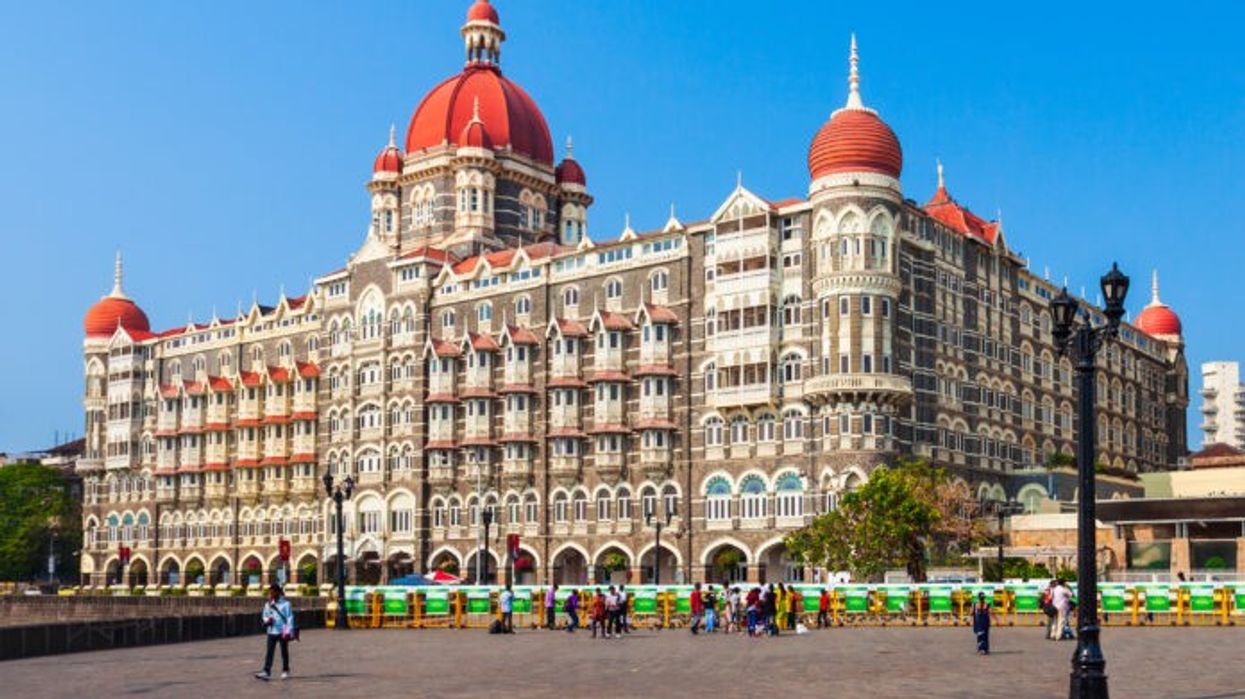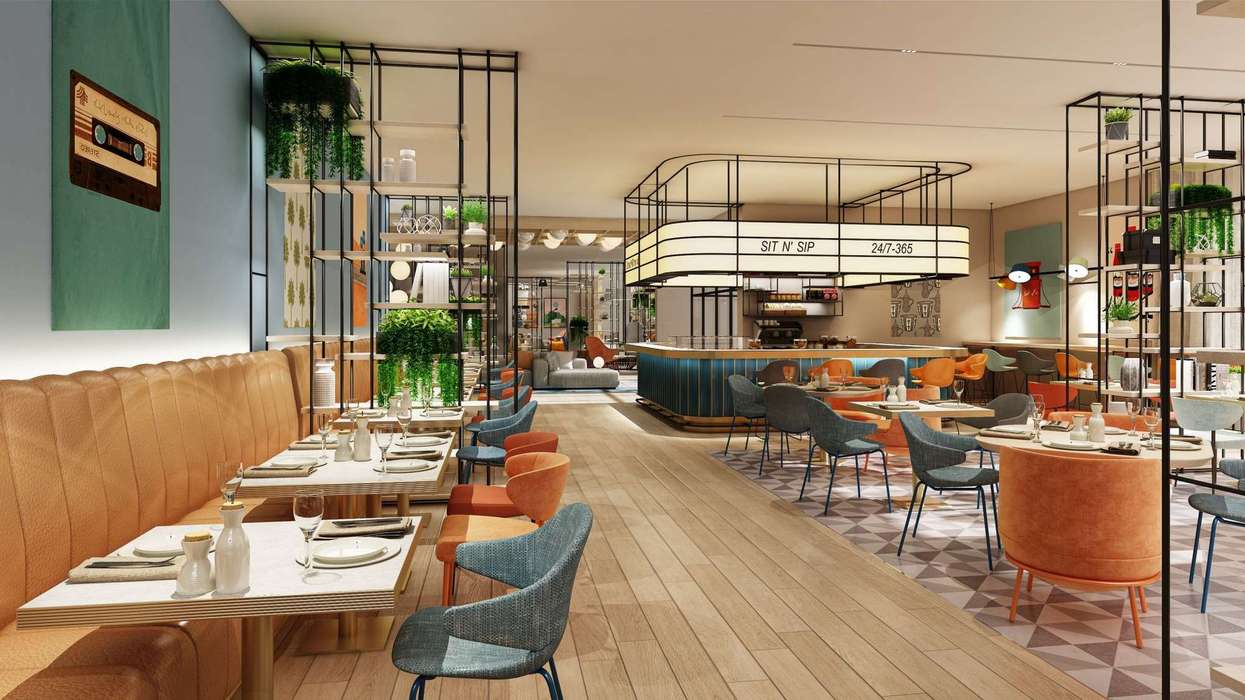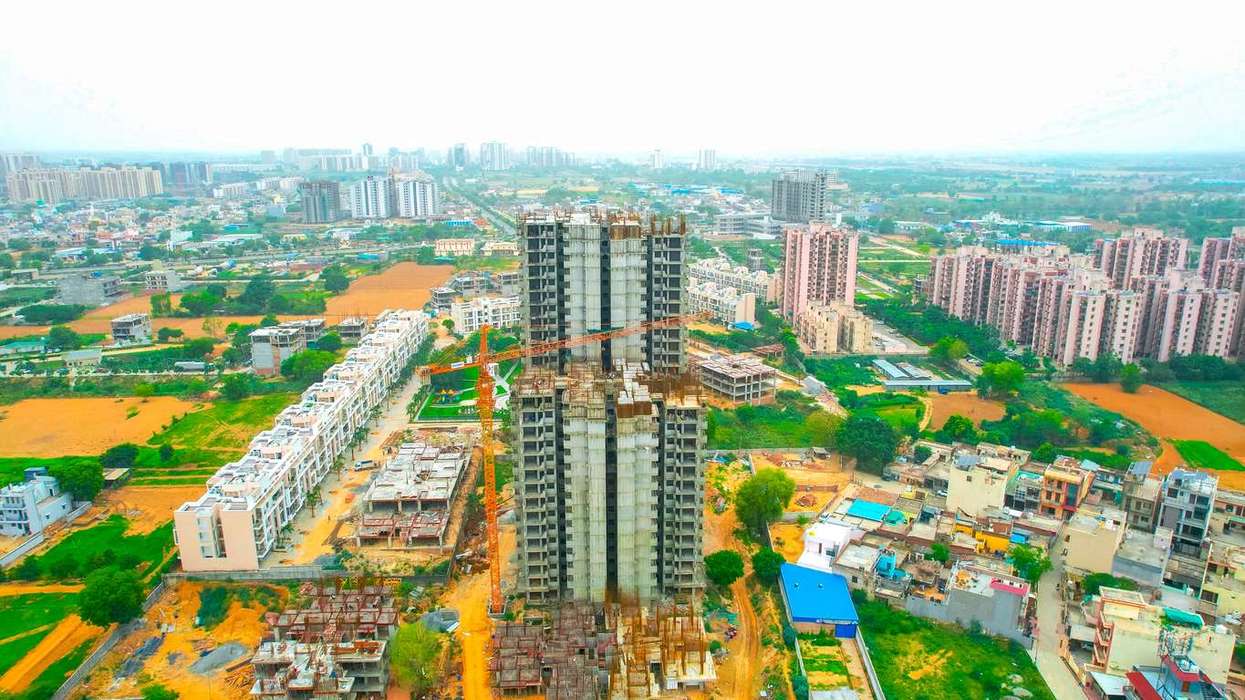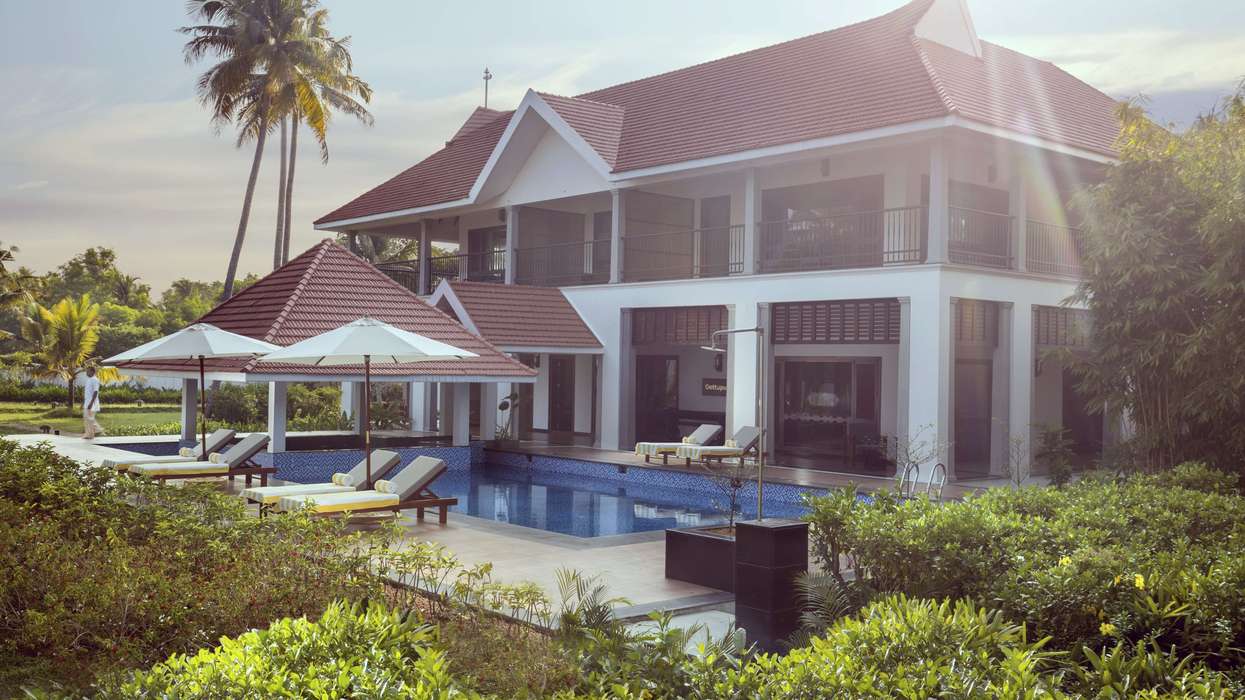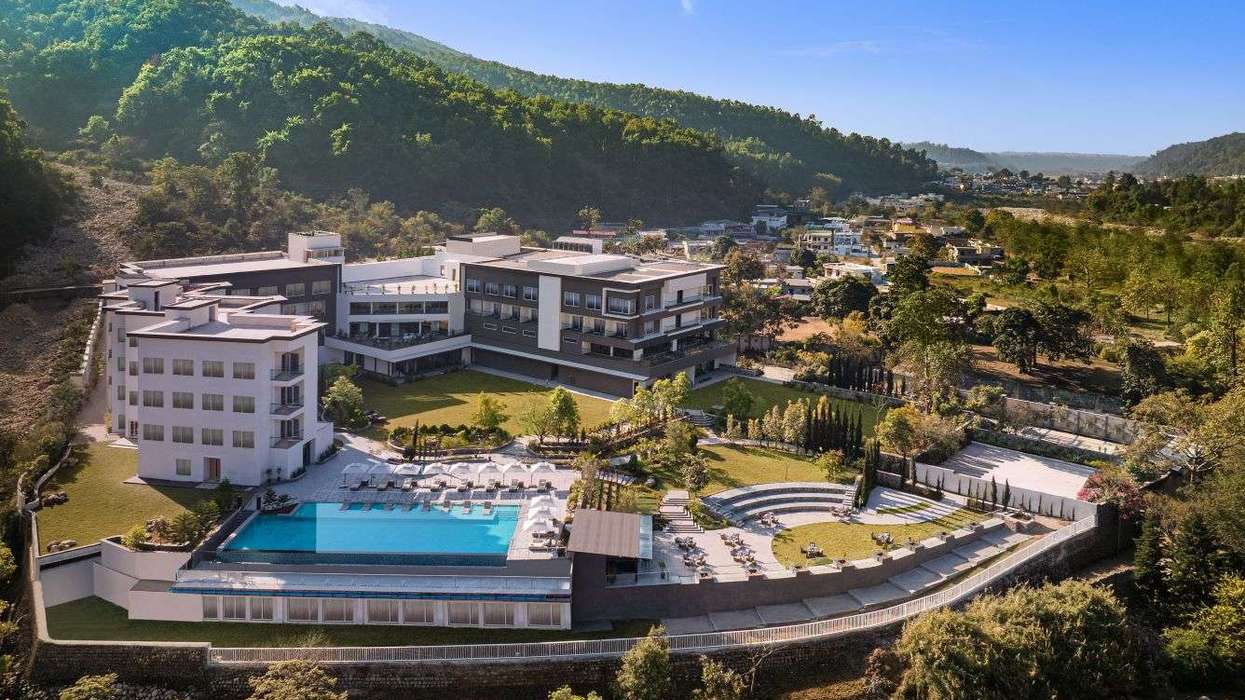India’s Hotel Industry Set to Add 100,000+ Rooms by 2029
INDIA’S HOTEL INDUSTRY is set to add more than 100,000 rooms, surpassing the 300,000-mark by 2029, according to Horwath HTL, a hospitality consulting firm. The demand is driven by growing religious tourism, rising prosperity and key infrastructure projects, with the supply pipeline focusing on leisure destinations, including religious hubs.
Horwath HTL’s India Hotel Market Review 2024 found that while the declining stock market raises concerns about its impact on travel spending in 2026, optimism remains strong, driven by rising discretionary spending and higher occupancy.
The report stated that hotel operators can adapt to shifting demand by increasing occupancy from 68-70 percent to 80 percent or more in major business cities, Mint reported, citing the report.
“India’s hotel market is well-positioned for a strong 2025, with growth in demand, supply and healthy room rates,” said Vijay Thacker, partner and chief executive of Crowe Advisory India and managing director at Horwath HTL India. “Limited new supply in major markets will drive up occupancies and rates. External factors could cause some bumps, but this is not expected under normal circumstances. At this point, discretionary spending remains strong, supported by income tax cuts.”
Larger hotel companies are acquiring smaller ones, leveraging stronger finances, the report said. Major airport and infrastructure projects, including Navi Mumbai and Jewar airports, are set to boost demand, along with growth in Bengaluru, Delhi, and Hyderabad. Goa is repositioning for the future, while new convention centers in Mumbai, Delhi and Jaipur are expected to attract more business travelers.
“RevPAR grew 10.7 percent, which is satisfying despite losing a quarter to elections, a softer economy in the next, and the absence of major events like the G20 summit or Cricket World Cup from the previous year. Goa also faced headwinds,” said Thacker.
Mumbai’s hotel pipeline for 2025 includes the delayed Fairmont Mumbai, set to open in early 2025, and the Hyatt Regency, expected in late 2025. The upcoming Navi Mumbai airport is expected to boost demand and performance.
Modest growth
Hotel chains surpassed 200,000 branded rooms for the first time, adding 14,000 in 2024, the report said. India is expected to add 113,000 more by 2029, mostly before then. Despite a wave of openings in 2024, the room count remained modest, with 231 new hotels adding 13,700 rooms, averaging 59 rooms per property.
In 2024, India’s hotel market added 14,400 rooms, including 11,700 from new hotels, 2,000 from brand conversions and 700 from expansions or project completions. On average, new hotels had smaller inventories of 69 to 70 rooms, Horwath HTL found.
About 67 percent of hotel additions and 65 percent of the upcoming pipeline are outside the top 10 markets, signaling broader demand distribution. Leisure destinations make up 43 percent of the pipeline, with religious tourism hotspots seeing a 12 percent increase.
The sector’s market capitalization has surged nearly 12 times, from ₹20,700 crore in March 2015 to ₹2,50,000 crore in January 2025. Indian Hotels Co Ltd., operator of Taj Hotels, accounts for 40 percent of this value. This growth is driven by listed companies owning real assets, rather than just managing others’ properties. More listings this year are expected to further boost valuations.
Many hotel companies have shown strong growth, boosting revenues and improving EBITDA margins, the report said. Data for listed companies, covering about 44,000 rooms, shows an average EBITDA margin of 36 percent for the 2024 fiscal year, up 1 percentage point from the previous year, and around 32 percent for the first half, April-September, of fiscal year 2025. Revenue growth has been largely driven by food and beverage outlets.
In December, the Confederation of Indian Industry and EY released a whitepaper stating that India’s tourism and hospitality sector is poised for significant growth, with the potential to create 6.1 million new jobs and a projected 1.2-fold increase in sectoral spending by 2034.
